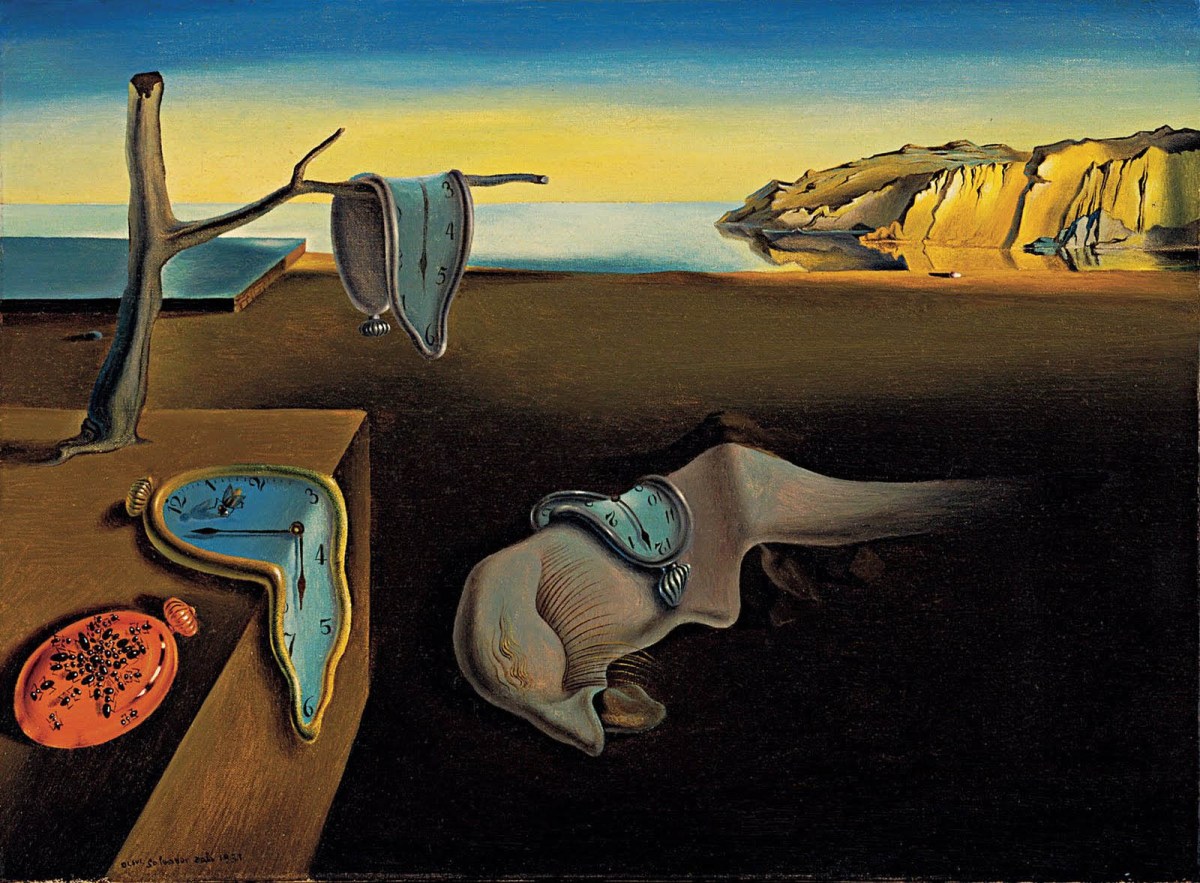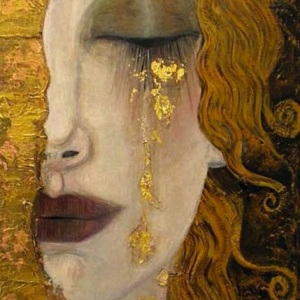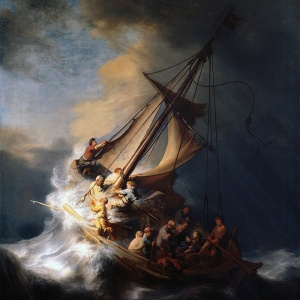Description
The Persistence of Memory (Salvador Dali)
Painting type:
Oil painting
Size:
50cm x 60cm
Note:
Unframed painting!
Description:
Absolute landmark in the artistic culture, The Persistence of Memory is one of the most enigmatic works of Salvador Dalí. Although painted in five hours, as he confessed, the “soft watches” – name often given to this artwork – became immediately one of the strongest and most characteristic icons of his work. This artwork, selected from an extensive portfolio of Dali’s famous oil paintings, reflects his interest on modern science‘s achievements, crossing physics’ abstract theories, including Einstein’s relativity perspective, which has challenged the idea of fixed space and time, and the research of Freud regarding the unconscious and the importance of the dreams.
More about Salvador Dali –
Born in Figueres, Catalonia, Dalí received his formal education in fine arts at Madrid. Influenced by Impressionism and the Renaissance masters from a young age, he became increasingly attracted to Cubism and avant-garde movements.[3] He moved closer to Surrealism in the late 1920s and joined the Surrealist group in 1929, soon becoming one of its leading exponents. His best-known work, The Persistence of Memory, was completed in August 1931, and is one of the most famous Surrealist paintings. Dalí lived in France throughout the Spanish Civil War (1936 to 1939) before leaving for the United States in 1940 where he achieved commercial success. He returned to Spain in 1948 where he announced his return to the Catholic faith and developed his “nuclear mysticism” style, based on his interest in classicism, mysticism and recent scientific developments.
Dalí’s artistic repertoire included painting, graphic arts, film, sculpture, design and photography, at times in collaboration with other artists. He also wrote fiction, poetry, autobiography, essays and criticism. Major themes in his work include dreams, the subconscious, sexuality, religion, science and his closest personal relationships. To the dismay of those who held his work in high regard, and to the irritation of his critics, his eccentric and ostentatious public behavior sometimes drew more attention than his artwork. His public support for the Francoist regime, his commercial activities and the quality and authenticity of some of his late works have also been controversial. His life and work were an important influence on other Surrealists, pop art and contemporary artists such as Jeff Koons and Damien Hirst. There are two major museums devoted to his work: The Dalí Theatre-Museum in Figueres, Spain and the Salvador Dalí Museum in Florida.





